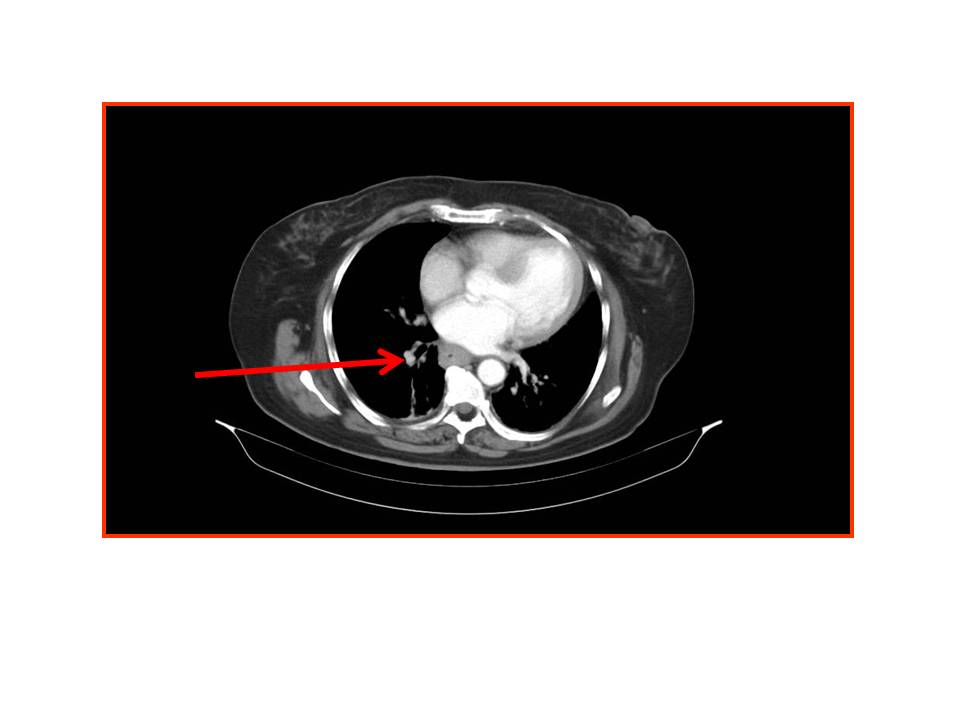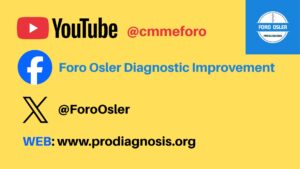Two reasons for a delay. One common diagnosis

CLINICAL CASE number 1: A 37-year-old male started three months before the first visit to his doctor with a difficulty for swallowing, mainly for fruits, and a sensation of burning on his chest. The doctor prescribed antiacids but a difficulty to swallow solid food appeared.
CLINICAL CASE number 2: A 57-year-old woman with an exposure to tobacco and alcohol use, started with a strong pain over her lumbar spine with irradiation to her left leg . She tried osteopathy without improvement for three months. She lost appetite and only in the last month before her diagnosis she referred some difficulty for swallowing.
FINAL DIAGNOSIS:
CASE number 1: esophageal cancer disseminated to the liver.
CASE number 2: esophageal cancer with bone metastases (spine)
ANALYSIS:
Type of Error: Delayed Diagnosis
COMPONENTS:
. A difficult diagnosis: esophageal cancer is a low prevalence disease in the general practice , even more if the patient is young. But Dysphagia is an alarm symptom for esophageal cancer and if it is persistent must be evaluated with an upper endoscopy . The doctor here closed prematurely the case prescribing antiacids. In the second case the presence of back pain as the main symptom focused the attention (tunnel vision) of the doctor and the patient on her back and the presence of a difficulty for swallowing was not considered properly. In general esophageal cancer is considered a difficult diagnosis.
COMMENTS: Esophageal cancer when is diagnosed in a late stage is a therapeutic challenge. When after a complete staging the tumor is located in the esophageal area then surgery combined with chemo and/or radiotherapy can be curative.
The most common symptoms are:
.Dysphagia (red flag symptom), .Weight loss (90% cases), Odynofagia, dull retroesternal pain, .bone pain(metastases), cough, hoarseness.





